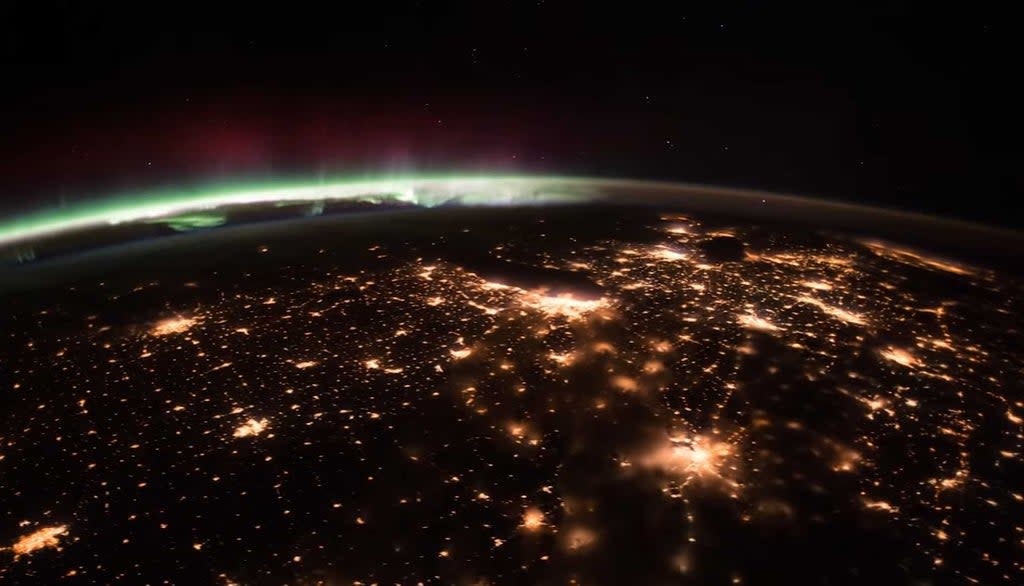Earth is reflecting less light due to global warming, satellite data suggests

Earth is reflecting less light back onto the surface of the Moon’s dark side due to the warming of the eastern Pacific Ocean, suggests a new study.
Scientists, including those from the Big Bear Solar Observatory in New Jersey, analysed nearly two decades of satellite data on the light that Earth reflects onto the surface of the Moon’s dark side — a phenomenon called Earthshine.
They also assessed satellite observations of the planet’s reflectivity, or albedo, and the sun’s brightness for the period between 1998-2017.
The study, published in the journal Geophysical Research Letters, found that in this time period, the amount of light reflected from the Earth has dropped by 0.5 per cent – reducing by about half a watt of light per square metre over two decades.
“The recent drop in albedo is attributed to a warming of the eastern Pacific, which is measured to reduce low-lying cloud cover and, thereby, the albedo,” the scientists noted in the study, adding that most of the change comes in the last three years of the earthshine data set.
In the two-decade time period, the study found that the Sun went through two periods of maximum solar activity and one quiet period, a pattern that did not match the dip found in the Earth’s reflectance.
Based on this observation, the scientists reasoned that the drop in Earth’s reflectance must have been due to some change in the planet’s internal process.
They say the planet’s lowered albedo may have instead been caused by the loss of low-altitude clouds over the eastern Pacific Ocean, where there have also been stark increases in the ocean surface temperatures during this period.
The researchers caution that the trapped solar radiation may warm up the planet further and lead to further reduction of Earth’s albedo.
They call for further studies using data from more powerful telescopes and satellites to validate the findings.
“The evolutionary changes in albedo motivate continuing earthshine observations as a complement to absolute satellite measurements,” the scientists wrote in the study.
“The recent drop in albedo is attributed to a warming of the eastern pacific, which is measured to reduce low-lying cloud cover and, thereby, the albedo,” they added.
Read More
UK electricity to be powered by clean energy sources from 2035, Boris Johnson says
Prince William urges people to do their ‘bit’ to protect the planet

